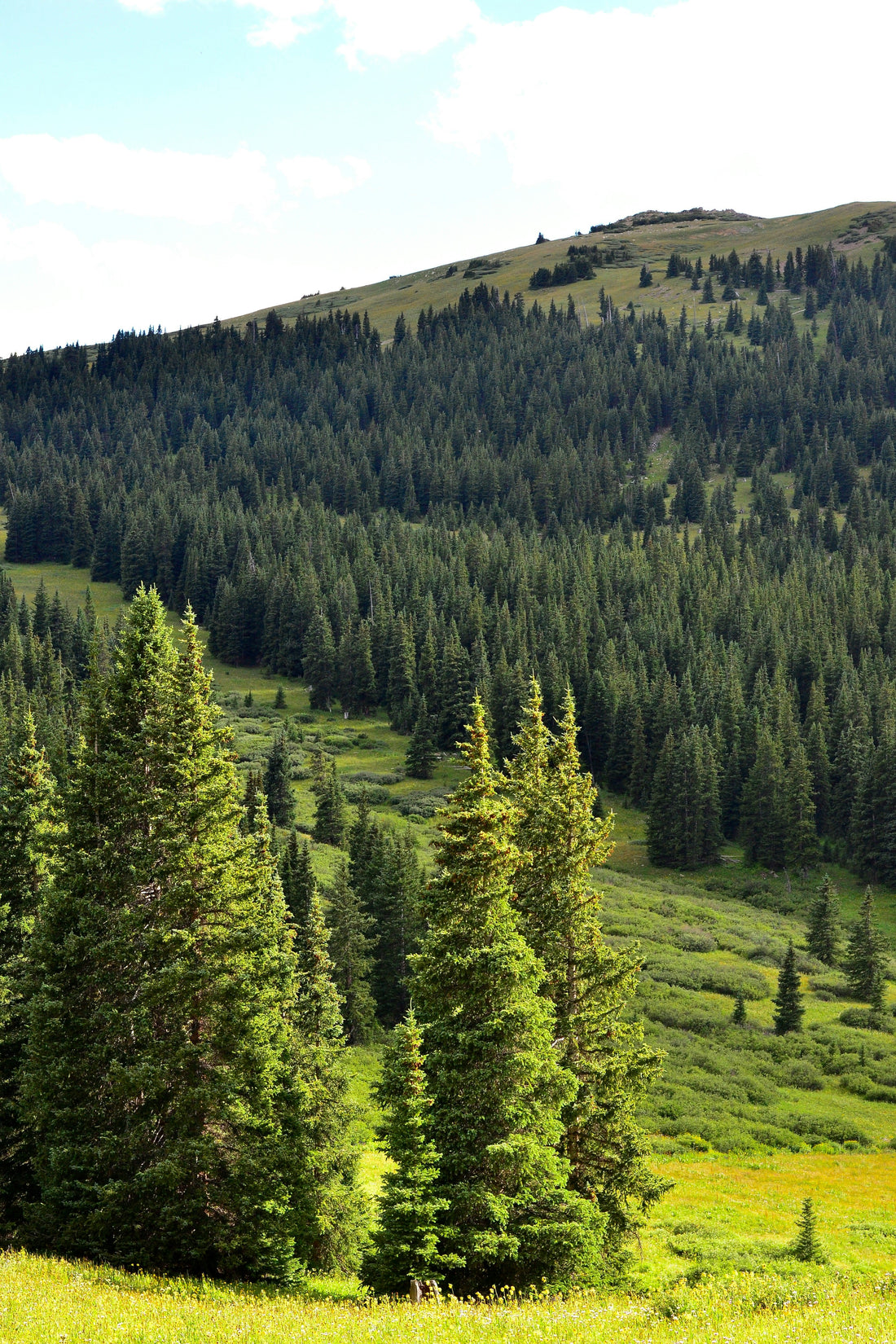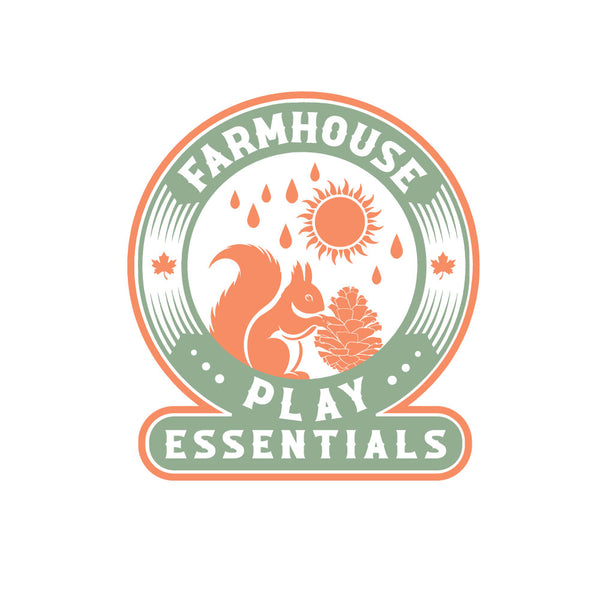
Safe, Strong, and Natural: Our Outdoor Wood Choices Explained
Share
Why We Choose Cedar and Spruce (Not Pressure Treated) for Our Outdoor Play Essentials
At Farmhouse Play Essentials, every material we use is chosen with care—and with your children in mind. When building outdoor play equipment, we’re not just creating products; we’re building safe, durable spaces where imagination can thrive and memories can grow.
That’s why we’ve chosen spruce and cedar—both natural softwoods—as our go-to materials. And why we’ve chosen to avoid pressure-treated lumber entirely.
Let’s walk you through why we believe in the wood we use—and why you can, too.
Spruce: Clean, Canadian, and Surprisingly Tough
Spruce is one of the most popular woods we use—especially in its natural, unstained form. And there’s a good reason why so many families choose it:
-
It’s a clean, light-colored wood with a classic, natural look that fits beautifully in any backyard.
-
It’s non-toxic and untreated, so it’s safe for little hands, even if they decide to taste-test a mud pie.
-
It’s strong and lightweight, making it ideal for large play structures that need to be sturdy but not overly heavy.
-
It’s Canadian-sourced from Prout’s Timber Mart, a Canadian company that buys Canadian lumber, supporting sustainable local forestry since 1873.
Unstained spruce still holds up remarkably well outdoors—especially when placed on level ground, kept clean, and allowed to dry between rainfalls. With basic care, you can expect several years of reliable, beautiful use—and when it eventually weathers, it does so gracefully, blending into its natural surroundings.
Cedar: The Wood That Protects Itself
Cedar is a naturally rot- and insect-resistant wood. It contains oils and compounds that make it highly durable without any need for chemical treatment. Because of this, it often lasts 20+ years outdoors and is a great option for low-maintenance longevity.
It also has a distinct aroma, a warm colour tone, and a premium reputation—but at a higher cost than spruce. For families looking for the best natural durability, cedar is a great option—but many of our customers find that spruce offers the best balance of value, safety, and appearance.
Stained Spruce: Extended Life with Natural Protection
While natural spruce is beautiful and practical on its own, we also offer the option of having it stained with Sansin SDF, a premium Canadian-made exterior stain. Sansin is:
-
Low-VOC, environmentally friendly, and safe for children
-
Designed to penetrate deep into the wood rather than sit on top
-
Water-repellent, UV-protective, and resistant to mildew and decay
Adding Sansin stain can extend the life of spruce from 5–7 years to 10–15 years or more, depending on how it's maintained. It also gives the wood a richer tone while still allowing the grain to show through—great for families who want both function and style.
For more information about the stain we use - CLICK HERE
Why We Don't Use Pressure-Treated Wood
Pressure-treated lumber is soaked in chemical preservatives to help it last longer outdoors—but those chemicals are exactly why we don’t use it.
Even though today’s treatments are safer than they once were, we don’t think chemically-treated wood belongs in children’s play areas. We want parents to feel confident knowing their kids are playing on safe, natural materials—not something that was made to withstand termites or flooding.
Softwood vs Hardwood – What's the Difference?
It’s a common misconception that hardwoods are always better. In reality:
-
Softwoods (like cedar and spruce) come from coniferous trees. They're often lighter, easier to work with, and grow more quickly—making them more sustainable.
-
Hardwoods (like oak or maple) are denser and often more expensive, but not always better for outdoor use.
One of the biggest advantages of softwoods—especially for outdoor structures—is that they dry out much faster after a rainfall. Because they don’t retain water the way many hardwoods do, they’re less prone to rotting, warping, or splitting over time. In fact, some hardwoods—even though they’re dense—can become breeding grounds for decay simply because they stay damp for longer.
That’s why softwoods like cedar and spruce often outperform hardwoods outdoors—especially when they’re cared for and protected with quality finishes like Sansin SDF.
Built for Play. Made to Last.
Whether you choose natural spruce, Sansin-stained spruce, or premium cedar, you’re choosing materials that are safe, sturdy, and meant to be enjoyed.
We don’t just build play structures—we build them as if our own kids were going to be using them every day. Because they are.
If you ever have questions about our materials, finishes, or how to care for your products, we’re always happy to help.
Thanks for trusting us with your family’s play.
Play boldly. Live wisely. And build memories that last.
— Charlie
Farmhouse Play Essentials
